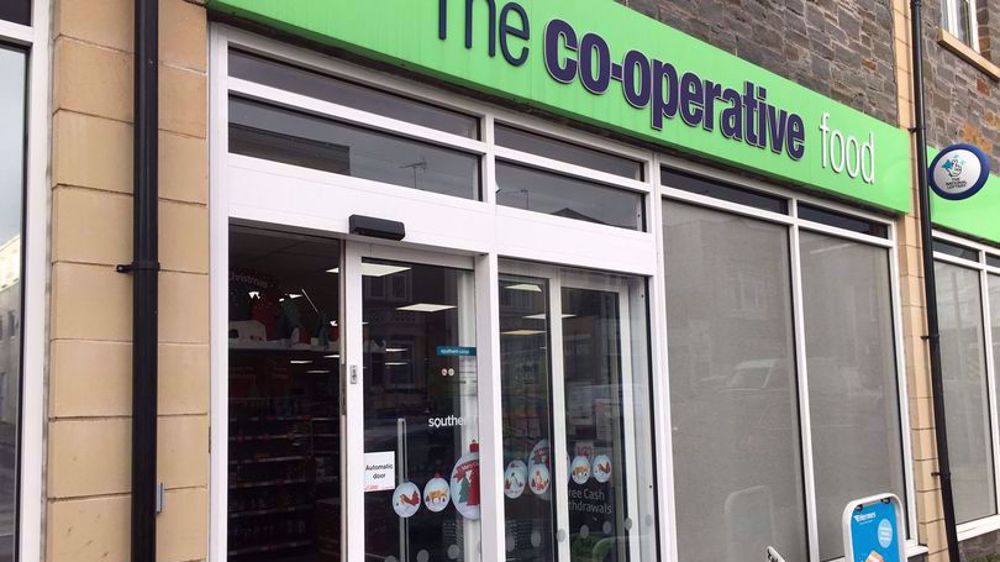UK retail chain under fire for using facial recognition cameras
A privacy rights group has filed a legal complaint against the use of facial recognition cameras at a UK chain store, describing the practice as dangerously intrusive.
Big Brother Watch submitted the complaint to Britain’s Information Commissioner’s Office (ICO) on Tuesday, to investigate the use of the controversial surveillance system by independent grocery store chain Southern Co-operative across southern England.
The group’s key concern is that supermarket staff can use facial recognition to “blacklist” customers, making them a “subject of interest.”
Director of Big Brother Watch Silkie Carlo said the legal action was a “vital step towards protecting the privacy rights of thousands of people who are affected by this dangerously intrusive, privatized spying.”
“The Southern Co-op’s use of live facial recognition surveillance is Orwellian in the extreme, highly likely to be unlawful, and must be immediately stopped by the Information Commissioner,” she said.
Authorities at the co-op argued that the cameras were used in a “limited number of high risk locations,” where signage is on display and images are not stored of any individual unless they have been identified and evidenced as an offender.
The surveillance firm Facewatch, which sold the system to the co-op said, “Facial recognition is lawful for the purpose of crime prevention.” The ICO, however, said, “As with any new technology, it is crucial that people’s privacy is at the heart of any decisions to deploy LFR (live facial recognition) so public trust and confidence are not lost.”
It said that it was “assessing the compliance of a small number of private companies who have used, or are currently using, live facial recognition technology,” with Facewatch being among the organizations under consideration.
“We will also assess the information provided by Big Brother Watch,” the ICO said.
In a related development, human rights groups Liberty and Privacy International told a tribunal on Tuesday that British spy agency MI5 had been breaching surveillance laws since 2010 by unlawfully obtaining bulk surveillance warrants against the public. It told the Investigatory Powers Tribunal that MI5 had stored data on members of the public without the legal right to do so.
Syria condemns Israel's killing of 36 in 'horrific' strike on Palmyra
Iran rejects UN human rights resolution as politically-motivated, unjustified
US Senate rejects bids to halt military sales to Israel
US veto of Gaza resolution 'license' for more Israeli crimes: Tehran
Iran urges IAEA Governors Board to oppose E3’s anti-Iran resolution
Nov. 20: ‘Axis of Resistance’ operations against Israeli occupation
VIDEO | Iran celebrates National Hero Day, honoring Martyr Qassem Soleimani
VIDEO | Ethiopia-Somalia tensions worsen following port deal signed between Addis Ababa, Somaliland leaders










 This makes it easy to access the Press TV website
This makes it easy to access the Press TV website